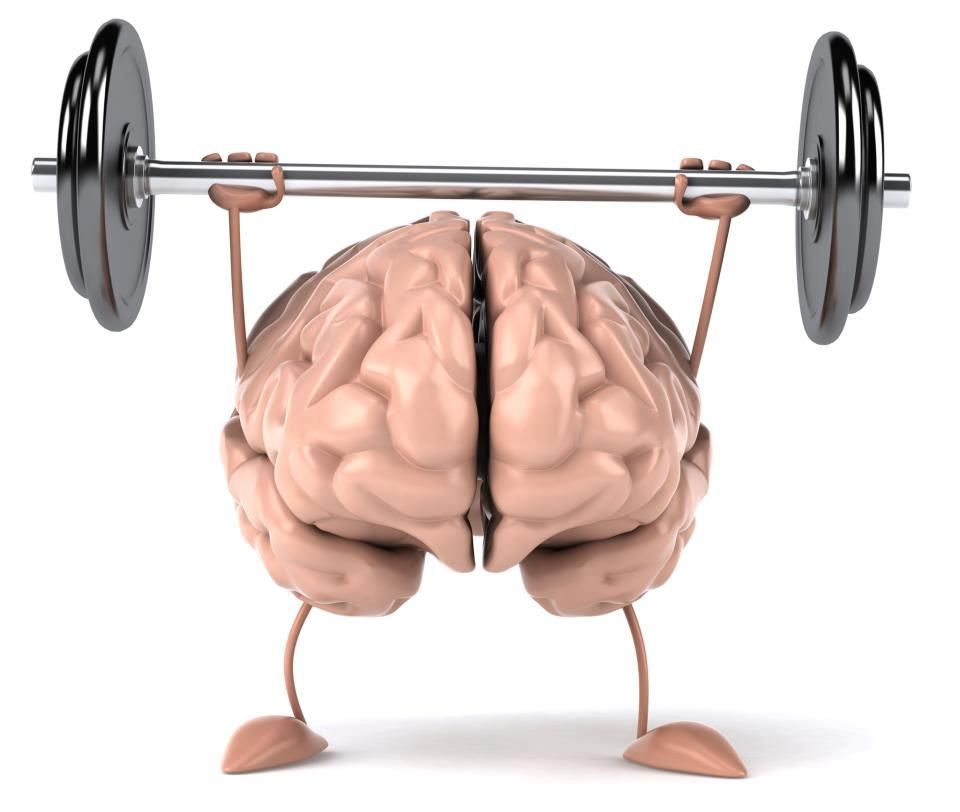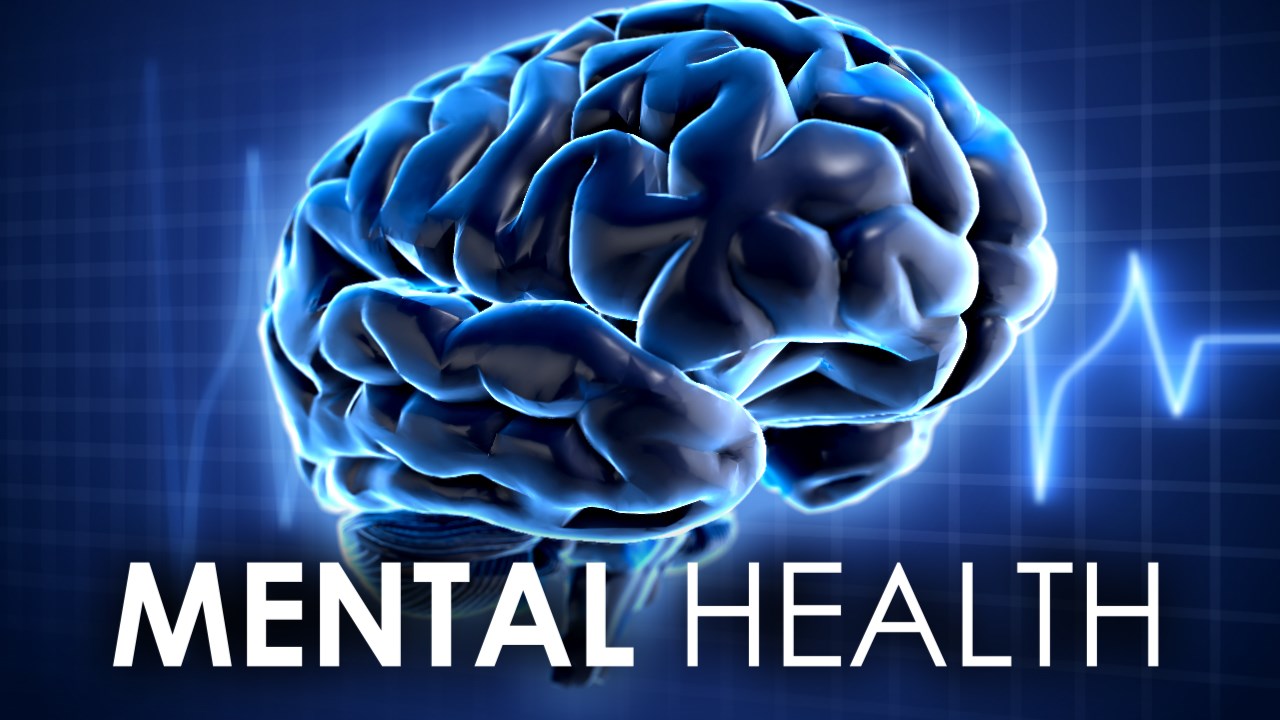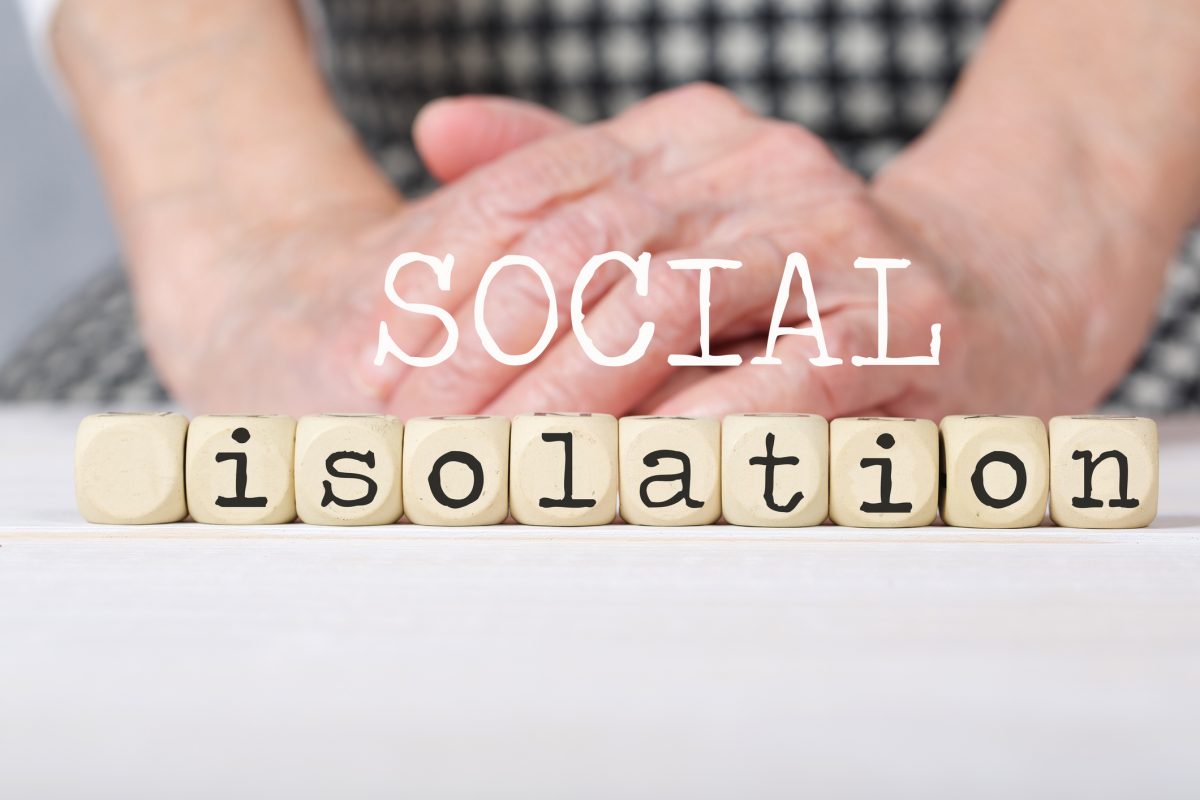A Tool For Stronger Memory
Memory is everything, when you can remember experiences in life that shape who you are or even just being able to recall information easier, then it gives us a sense of confidence and understanding of ourselves. I often see people lacking in their ability to remember information clearly and witness how crippling it can be for someone’s self-esteem, confidence and pride in who they are or what they know.
For me building the foundations of a good memory is vital. I love the ability to be able to recite vast amounts of information fluidly, it gives me joy to witness my memory recall working in optimal condition. Everyone has this capability but most of us do not incorporate the right nutrients or lifestyle factors for having a great memory.
I want to bring your attention to one of my favourite herbs Bacopa monneri (BM), also known as Brahmi. I take it consistently to support my memory, stablise my mood and increase my brain’s overall cognitive health. BM is a well-known Ayurvedic herbal medicine that has been used for centuries. It is categorised as an apoptogenic herb (helping the brain dealing with stress), provides anxiolytic effects (anti-anxiety), as well as a nootropic (substance used to enhance memory or other cognitive functions) and there is an abundance of studies that demonstrate its amazing capabilities in enhancing and protecting the brain.
Studies show that BM has free radical scavenging mechanisms and protects cells in brain regions such as the prefrontal cortex, hippocampus and striatum against cytotoxicity and DNA damage(1). It also reduces lipoxygenase activity reducing lipid peroxidation, increases master antioxidant glutathione peroxidase and chelates iron(1). The administration of BM protects cholinergic neurons, modulates neurotransmitters (such as serotonin, dopamine and acetylcholine), reduces anticholinesterase (an enzyme that breaks down acetylcholine, allowing an increase of this neurotransmitter which is used for thoughts, memory and more), reduces deposits of β-amyloid in the hippocampus (β-amyloid is a protein known to cause Alzheimer’s disease) and also decreases stress-induced hippocampal damage(1). These neuroprotective effects are primarily due to nitric oxide-mediated cerebral vasodilation(1). There is also evidence for its potential in helping those suffering from dementia, Parkinson’s disease and epilepsy(2).
BM has shown to improve the total memory score and maximum improvements are seen in logical memory and paired associated learning, whilst being able to reversed aspects of memory impairment(3). Further investigations have proven that BM can improve attention, cognitive processing and working memory partly via suppression of anticholinesterase activity(4). Through neuro-molecular mechanisms, it encourages synaptogenesis (connection of brain cells), and could theoretically enhance and strengthen synaptic changes(5). This will benefit people in all stages of life, especially those suffering from age associated cognitive decline.
So if you are someone who wants to build a stronger memory and sustain that higher cognitive ability over your lifetime, then I suggest the consumption of BM. Even if you think you are not suffering from any cognitive decline, I am sure this herb will help improve it nonetheless along with its ability to lower stress and stablise mood through its anxiolytic effects. BM needs to be taken continuously for 8-12 weeks for cognitive benefits to be achieved, but upon initial consumption people will notice its anti-anxiety and stress relieving effects within the first 1-2 weeks. Dosage is between 150mg-500mg per day depending on the extract and your needs, please note there is possibly of GIT upset in higher doses.
Cognitive enhancement is another passion for me alongside longevity. I love the field of neuroscience, understanding the brain and consciousness. I believe that through increasing our mental health, by achieving good emotional and cognitive levels, we are much happier and can manifest positive things into our life at a greater rate. When our mind is in order, our body and health will respond by following that notion.
Written by Luke Pavasovic
Director and Naturopath at Alchemic Health
facebook.com/alchemichealth
www.alchemichealth.com
References:
1. https://www.ncbi.nlm.nih.gov/pmc/articles/PMC5448442/
2. https://www.ncbi.nlm.nih.gov/pmc/articles/PMC3746283/
3. https://www.ncbi.nlm.nih.gov/pmc/articles/PMC5448442/
4. https://www.ncbi.nlm.nih.gov/pmc/articles/PMC3537209/
5. https://pubmed.ncbi.nlm.nih.gov/27692172/


